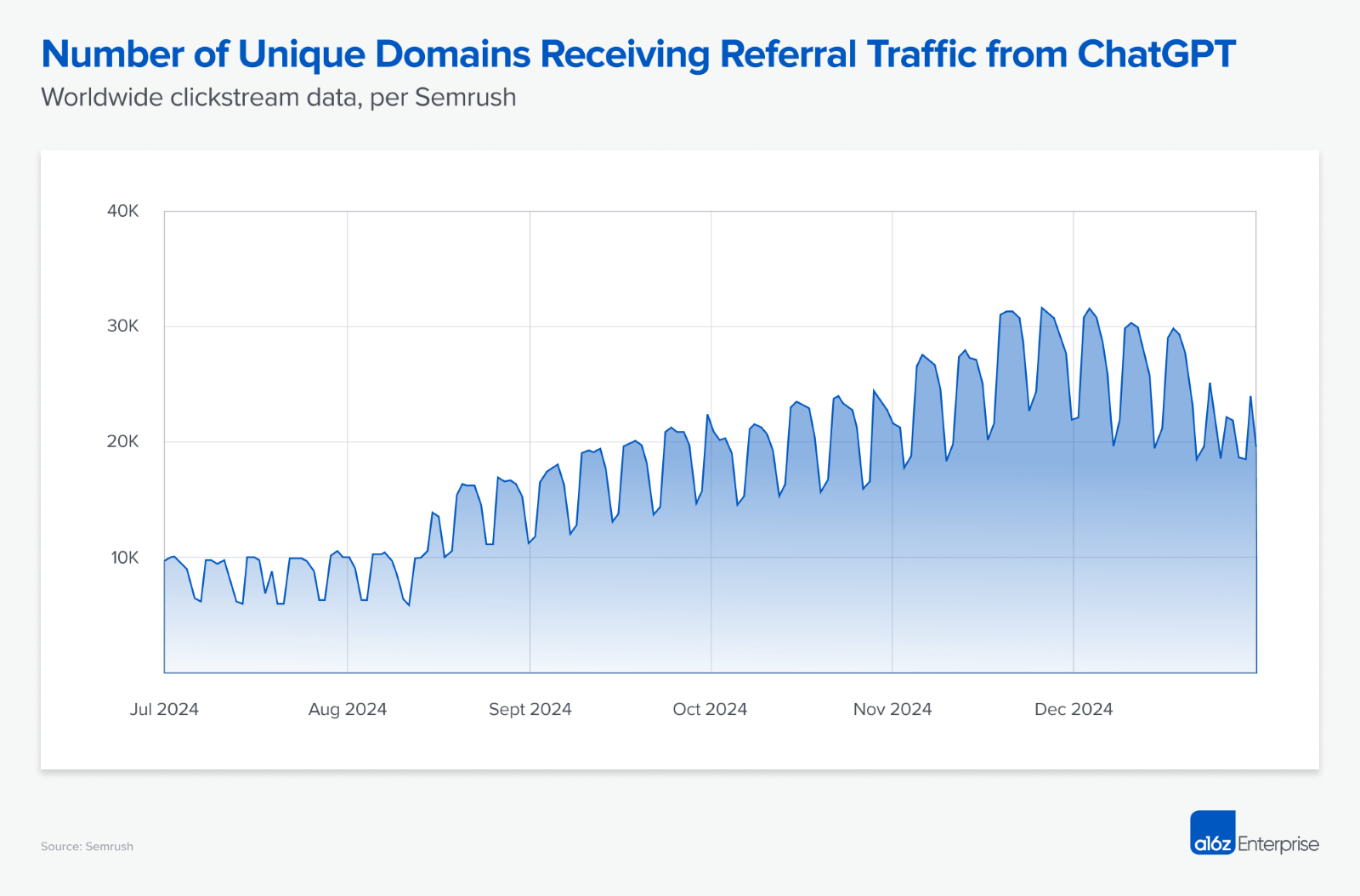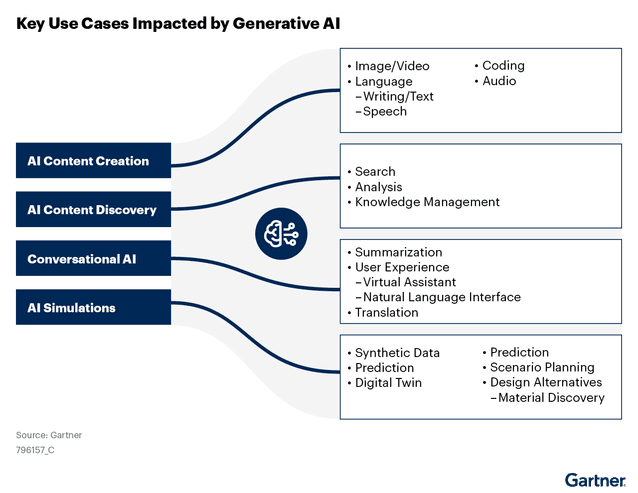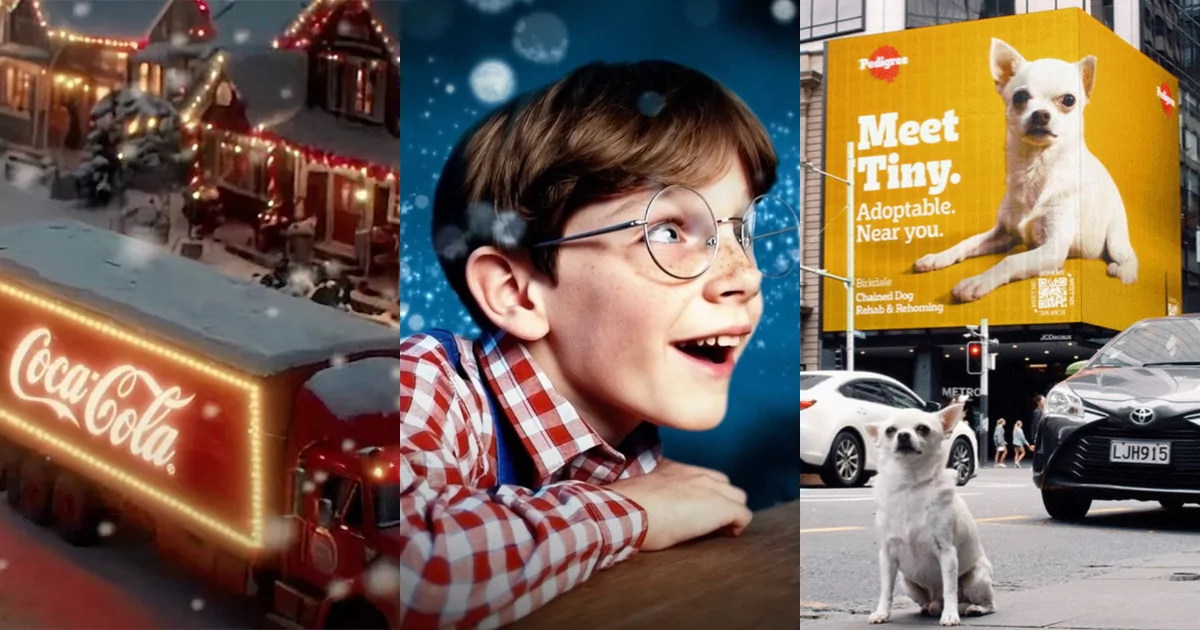
Optimize Your Content for AI Search
Authored by: Kelsey Blum – Creative Director | June 24, 2025
Remember when SEO was simple? You’d craft a blog post, optimize it for keywords, watch Google crawl it, and boom—Page 1 rankings delivered traffic, conversions, and revenue. That linear pipeline was the foundation of digital marketing for over two decades.
But that world is disappearing before our eyes.
How is AI Rewriting the Rules of Search?
AI tools like ChatGPT, Perplexity, and Claude are fundamentally changing how people search for information. Instead of clicking through search results, users are getting complete answers directly from AI assistants. They’re researching products, comparing solutions, and even making purchase decisions, all without ever leaving the AI interface.
ChatGPT alone processes over 1 billion queries per day, while 63% of marketers are now prioritizing generative search optimization in their content strategies.
This shift represents the most significant disruption to search marketing since Google’s inception. When someone asks an AI tool “What’s the best CRM for small businesses?” and gets a comprehensive answer with specific recommendations, they might never visit your website, read your blog post, or see your ad.
The harsh reality: Some customers are completing their entire buyer journey inside AI tools.
We’re witnessing the biggest shift in search behavior since Google launched. Brands that don’t adapt to AI-first search are going to find themselves talking to empty rooms while their competitors get all the conversations.

Why Does This Change Everything for Marketers?
Traditional SEO focused on ranking for specific keywords. But AI search optimization requires a completely different approach: optimizing for mentions, not just rankings.
When AI tools generate answers, they’re essentially creating a new kind of search result, one where being mentioned or cited within the response is more valuable than ranking #1 in traditional search results. Your brand needs to be woven into the fabric of AI-generated answers, not just discoverable through links.
Why Does This Change Everything for Marketers?
Smart marketers are already adapting with what’s being called Generative Engine Optimization (GEO), the practice of optimizing content to appear in AI-generated responses. According to recent research, 78% of businesses have adjusted their content marketing approach to align with AI-driven search engines. Here’s how forward-thinking brands are positioning themselves:
1. Structured Content is King
- FAQ schema markup: Make your key information easily digestible for AI crawlers
- Clear, quotable statements: Create content that AI can easily extract and attribute
- Structured data: Use schema markup to help AI understand your content’s context and relevance
2. Authority Through Citations
- Quote industry professionals: Include authoritative voices in your content
- Get quoted by others: Become a source that other publications cite
- Build thought leadership: Position your team as the go-to experts in your field
3. Aggressive Content Distribution
Traditional SEO was about creating content and waiting for it to be found. The new approach requires active distribution across multiple channels:
- Industry publications
- Podcasts and webinars
- Social media platforms
- Email newsletters
- Partnership content

How is the Marketing Funnel Changing?
Early data suggests we’re seeing a fundamental shift in how the marketing funnel operates:
Top-of-Funnel (TOF): AI tools are sourcing top-of-funnel awareness primarily from earned media and off-site sources. They pull information from authoritative third-party sources, industry publications, and commentary.
Bottom-of-Funnel (BOF): Product pages, solution descriptions, and conversion-focused content still perform well in AI responses, especially when users are ready to make decisions.
This means your content strategy needs to work on two levels: building authority through external sources while ensuring your owned content is optimized for AI consumption.
“The old playbook was about getting found,” we often tell our clients. “The new playbook is about getting cited. There’s a massive difference between showing up in search results and being the answer that AI tools trust enough to recommend.”
How is the Marketing Funnel Changing?
Immediate Actions
- Audit your content for AI-friendliness: Is it clearly structured, quotable, and factual?
- Implement comprehensive schema markup: FAQ, How-to, Product, and Review schemas are particularly important
- Create quotable content: Write clear, authoritative statements that AI can easily extract
- Build relationships with industry publications: Become a source for journalists and bloggers
Long-Term Strategy
- Invest in thought leadership: Position your leaders and industry authorities
- Create comprehensive resource content: AI tools favor detailed, authoritative content
- Monitor AI mentions: Track how often your brand appears in AI-generated responses
- Develop an earned media strategy: Focus on getting mentioned in authoritative sources
The Brands That Will Win
The brands that will dominate tomorrow won’t be the ones with the best traditional SEO tactics or the biggest ad budgets. They’ll be the brands that understand a fundamental truth. AI will become the default search layer, and visibility now equals brand equity later.
The winners will be those who get cited inside AI-generated answers, not just indexed in search results or featured in paid ads. They’ll be the brands that AI tools trust enough to recommend, quote, and reference. While your competitors are still bidding on keywords for Google Ads, smart brands are positioning themselves to be the answer that AI provides for free.

Some brands that implemented AI in their advertising in 2024, were Coca-Cola, Toys ‘R’ Us, and Pedigree. (Adweek)
The Time to Act is Now
This transition is happening faster than most people realize. While many marketers are still optimizing for traditional search rankings, the most successful brands are already building their presence in AI-generated responses. Recent data shows that traditional search traffic has declined by 10%, with consumers increasingly relying on AI-driven discovery for information.
The question isn’t whether AI will dominate search: it’s whether your brand will be part of the conversation when it does.
I tell every client the same thing. Your website traffic might look fine today, but if AI tools aren’t mentioning your brand, you’re already losing tomorrow’s customers. The brands investing in AI optimization now are building moats that their competitors won’t even see until it’s too late.
The new rule is simple: If you’re not being mentioned by AI, you’re becoming invisible to your future customers and clients.
Ready to optimize your brand for the AI-first future? Brand House Marketing specializes in helping companies adapt their digital strategy for the age of AI search. Contact us to learn how we can help your brand stay visible in an AI-dominated world.
